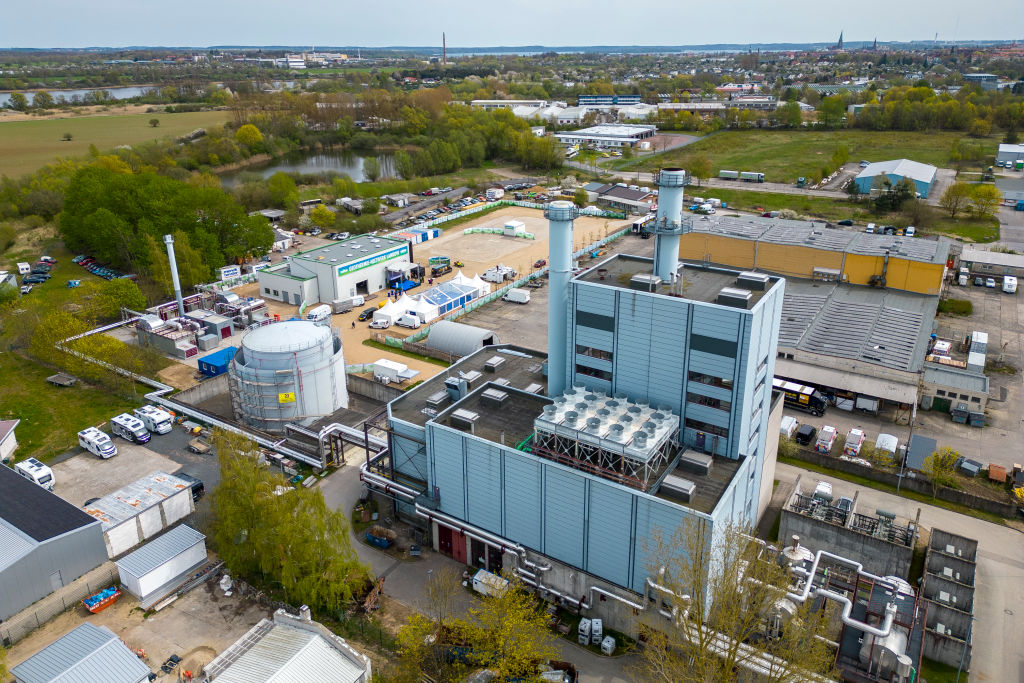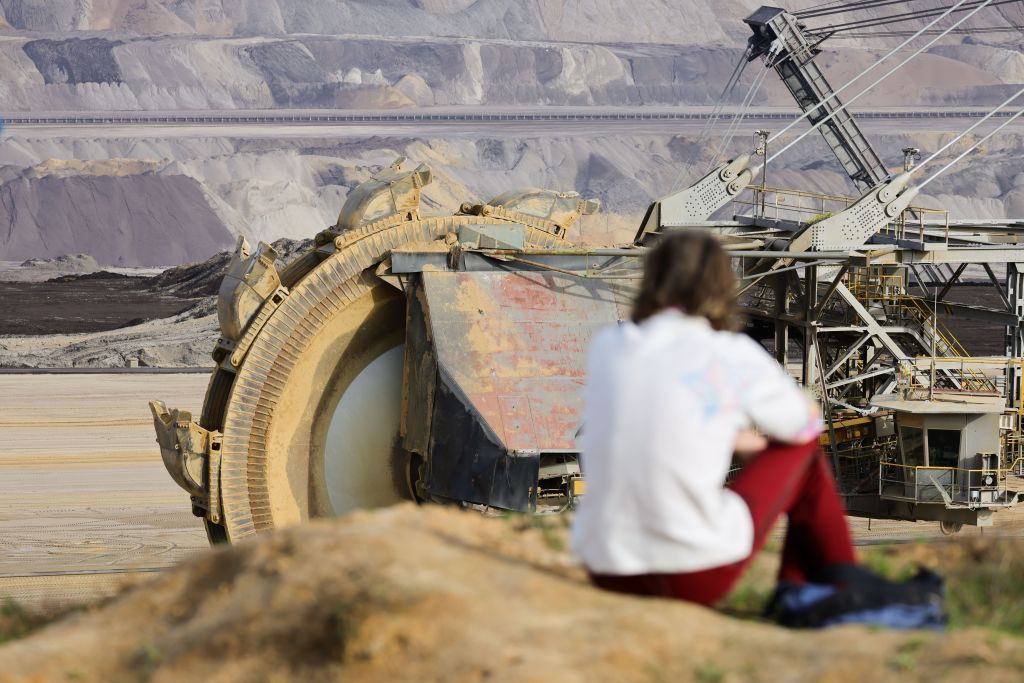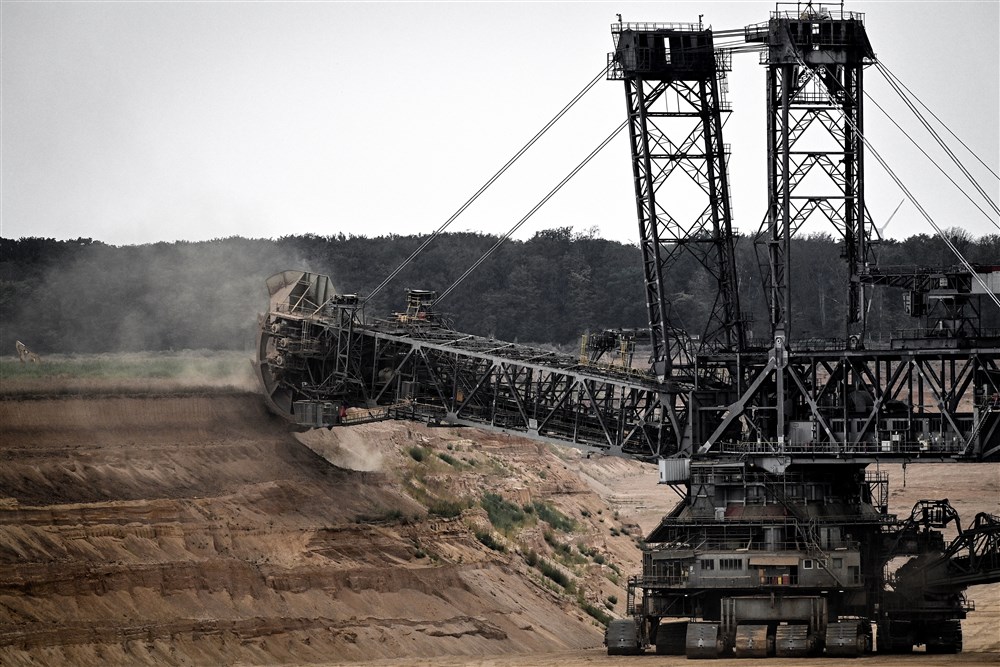Investigators have discovered holes in a planned natural gas pipeline under construction in Schleswig-Holstein, Germany.
The evidence makes a technical mistake or natural causes unlikely, meaning sabotage is more probable.
At the time of writing, the German Federal Prosecutor’s Office had already started an investigation.
Apparently, small holes have been drilled into the pipeline, which requires significant technical expertise in the handling of special drills and equipment, according to experts.
Der Spiegel magazine reported they were found in at least eight separate places.
The pipeline is intended to connect the new liquefied natural gas (LNG) terminal near Brunsbüttel to the German energy network and is regarded as a crucial element for decoupling German gas needs from Russia.
Preliminary estimates indicate that the suspected sabotage caused at least €1.6 million worth of damage.
According to investigations by the Schleswig-Holstein State Criminal Police Office, the perpetrator or perpetrators apparently used professional equipment – including small-calibre specialist drills.
The holes were hardly visible from the outside, as the plastic coating covering the pipe had contracted again after drilling, making them hard to detect. It was the use of electronic scanning that enabled the damage to be seen.
Although the evidence seems to rule out anything other than sabotage, whoever was responsible left no indication of the potentially dangerous damage to the 50km pipeline.
It is designed to direct imported gas inland, which had previously been delivered by ship, and was expected to be operational by the end of 2023.
According to Der Spiegel, this was not the first example of sabotage. In August construction machinery at Büttel was severely damaged.
Since the deliberate attack on the Nord Stream 2 pipelines in September 2022, incidents of damage to critical energy infrastructure have become more common.
In October last year, a natural gas pipeline connecting Finland and Estonia was also apparently sabotaged.
While none of these acts have proved life-threatening, they highlight future risks and some point to the possibility of Russian perpetrators being involved as just as likely as domestic groups opposing the expansion of such vital infrastructure.





